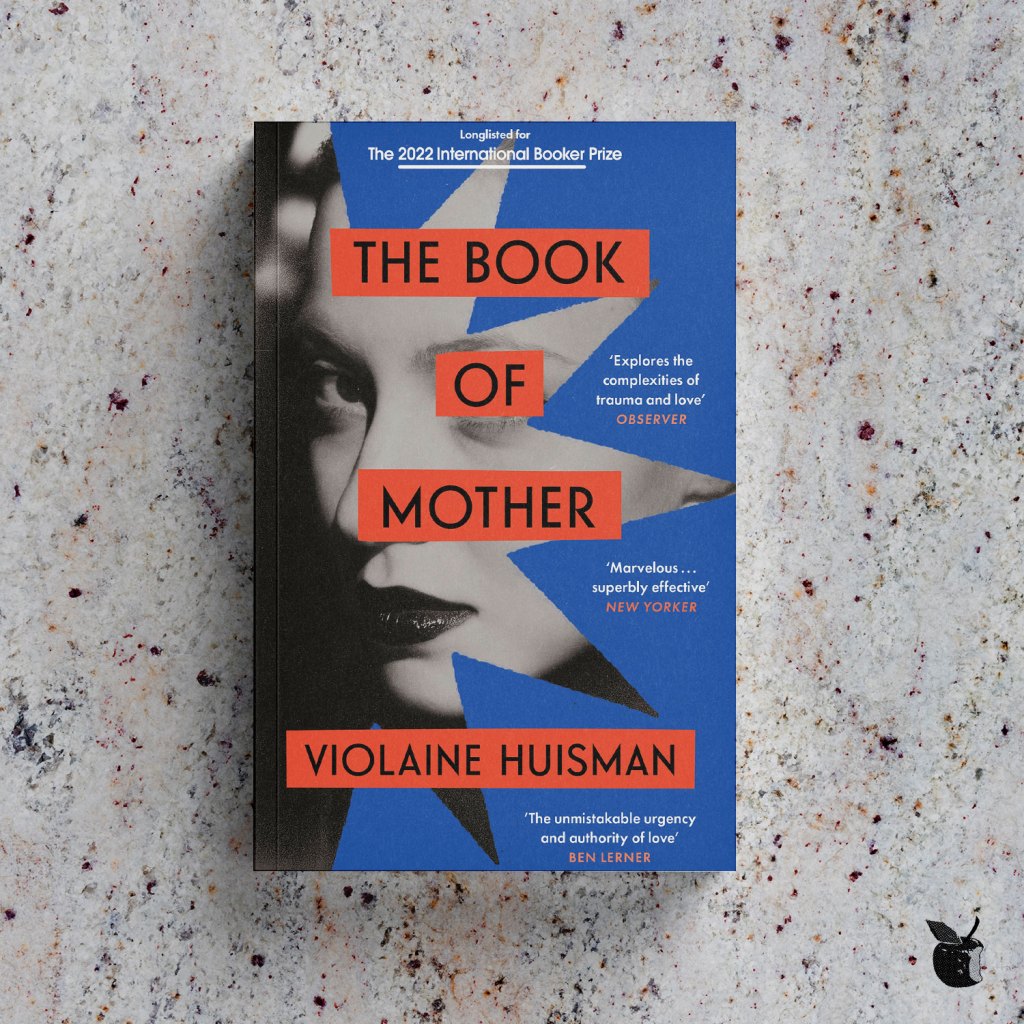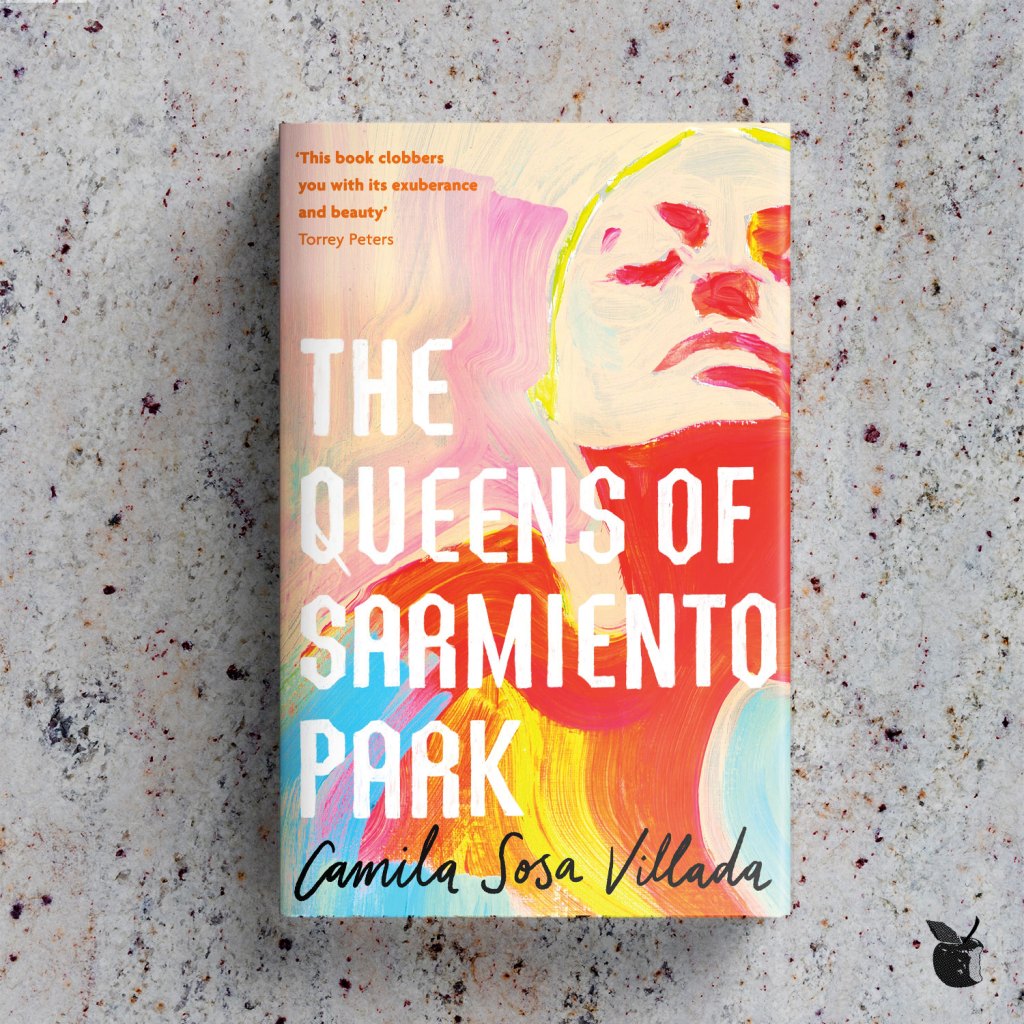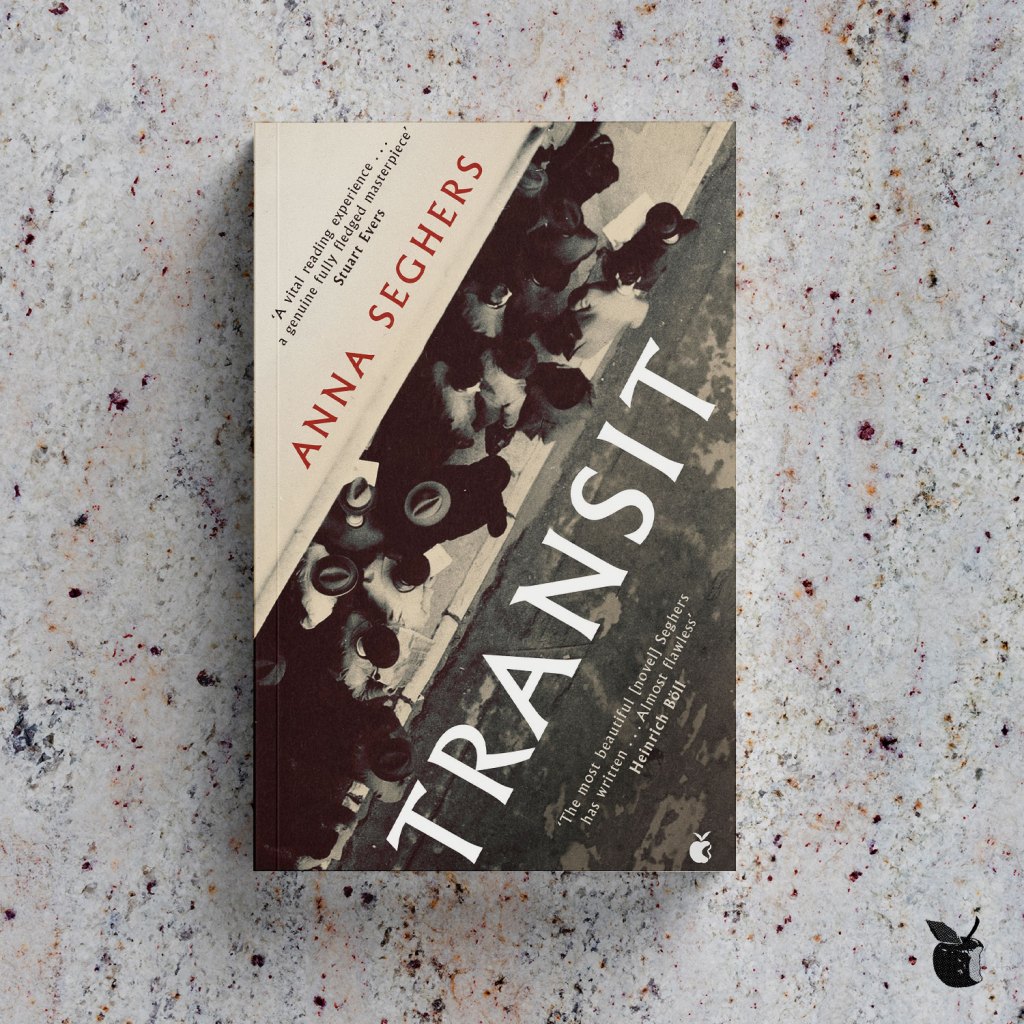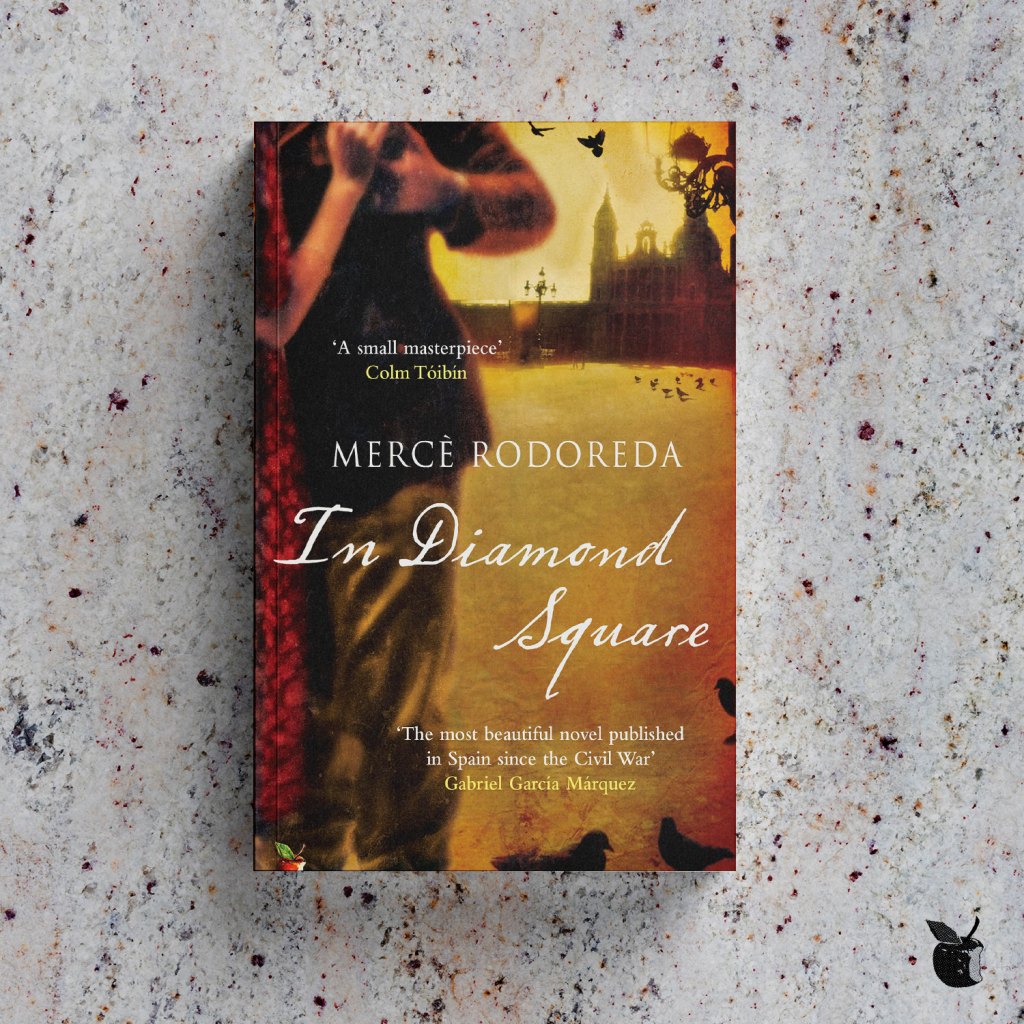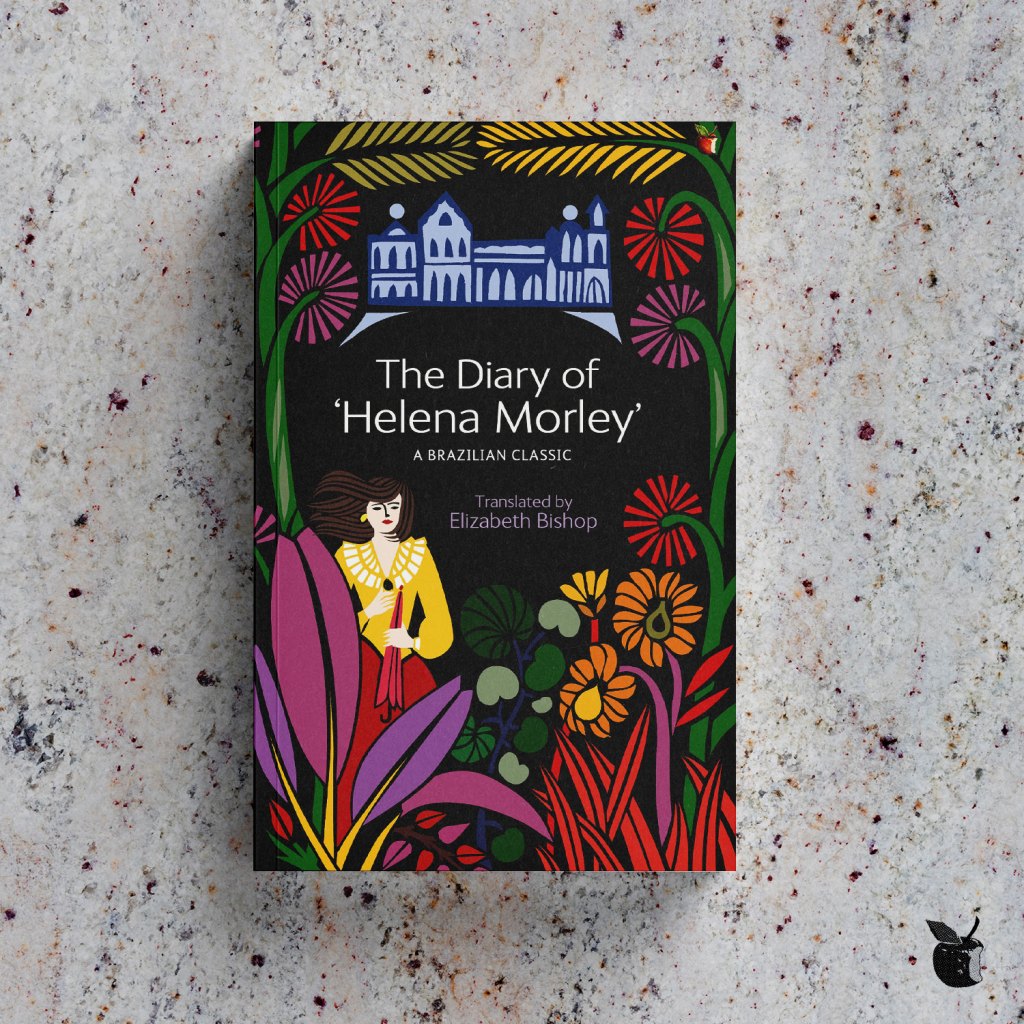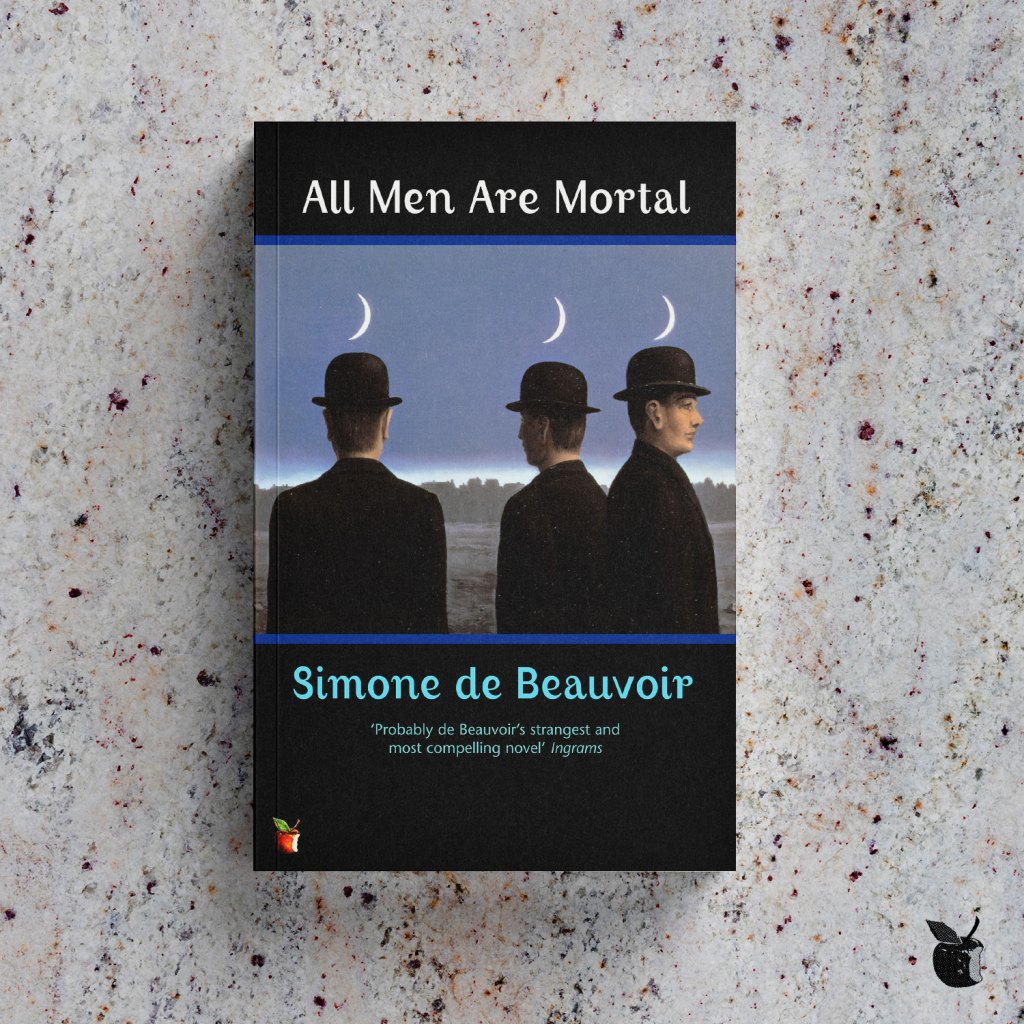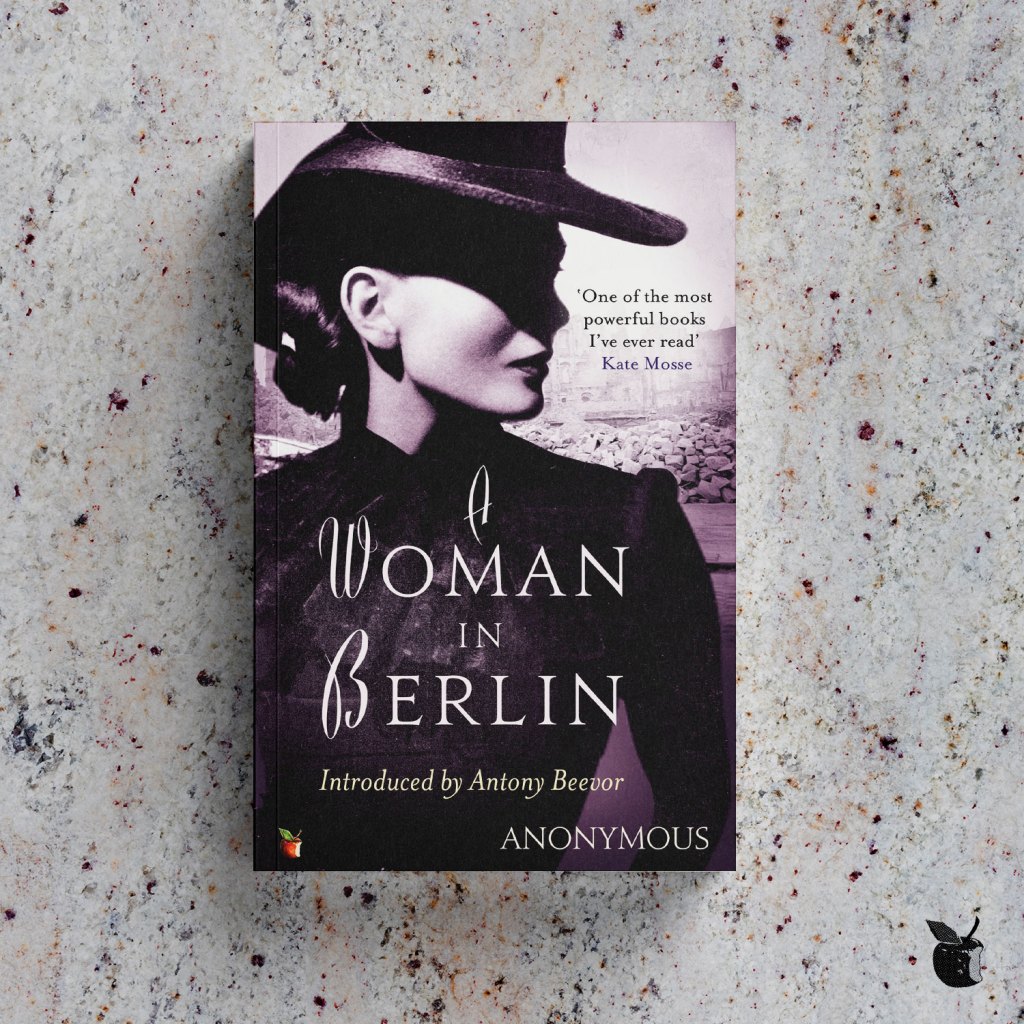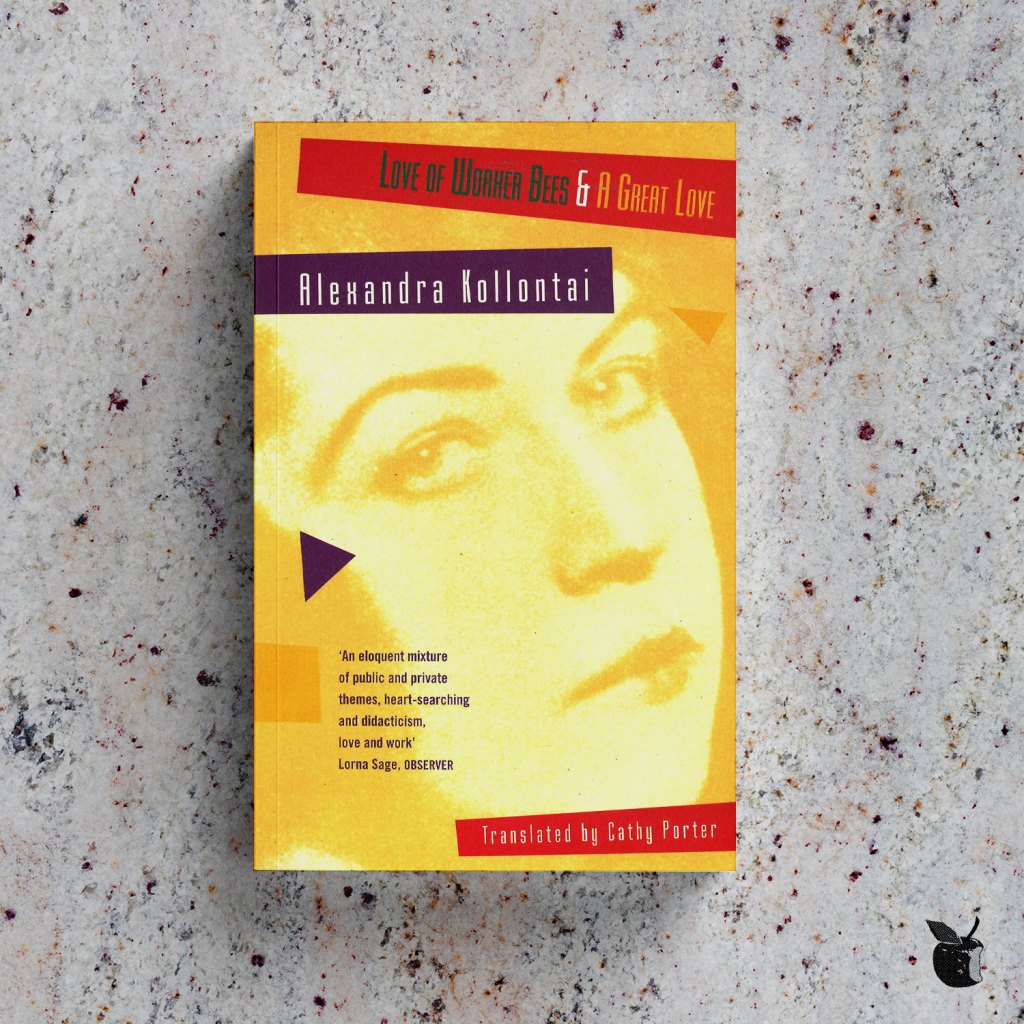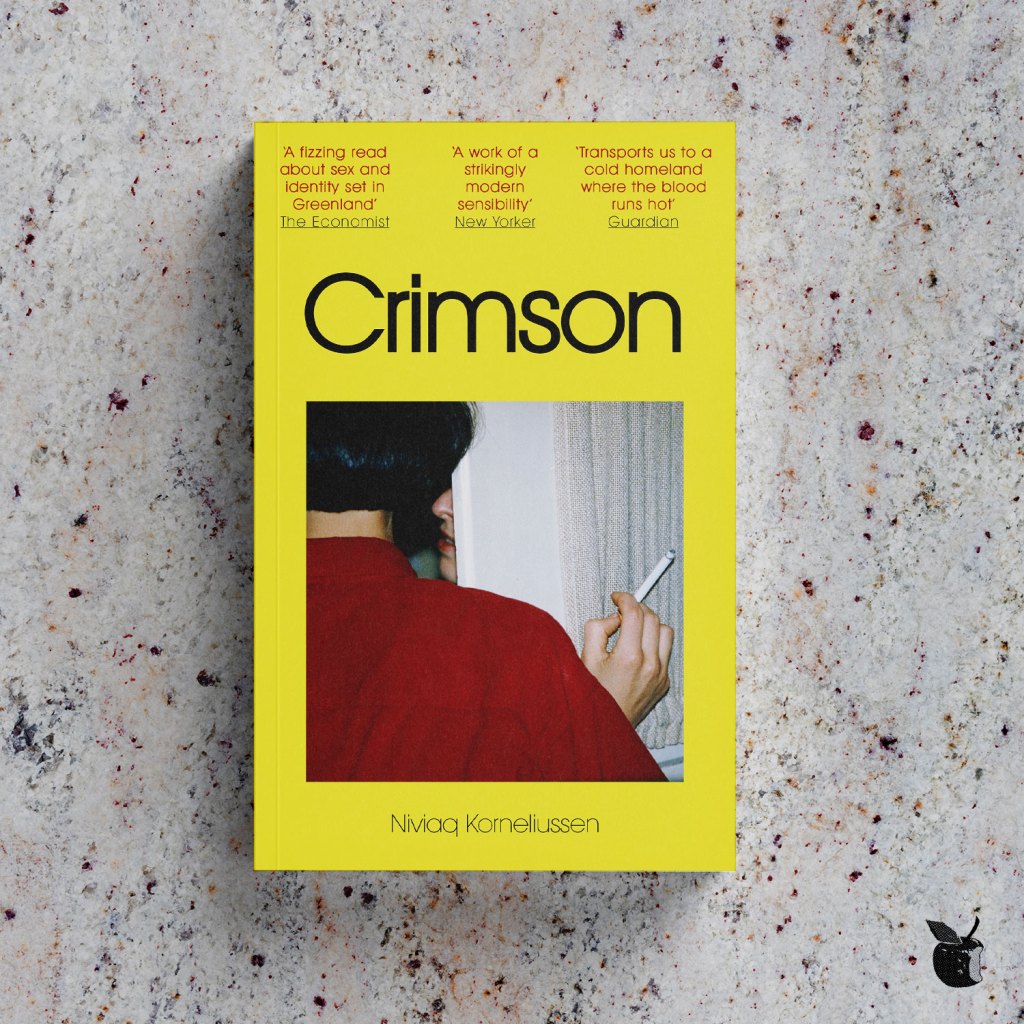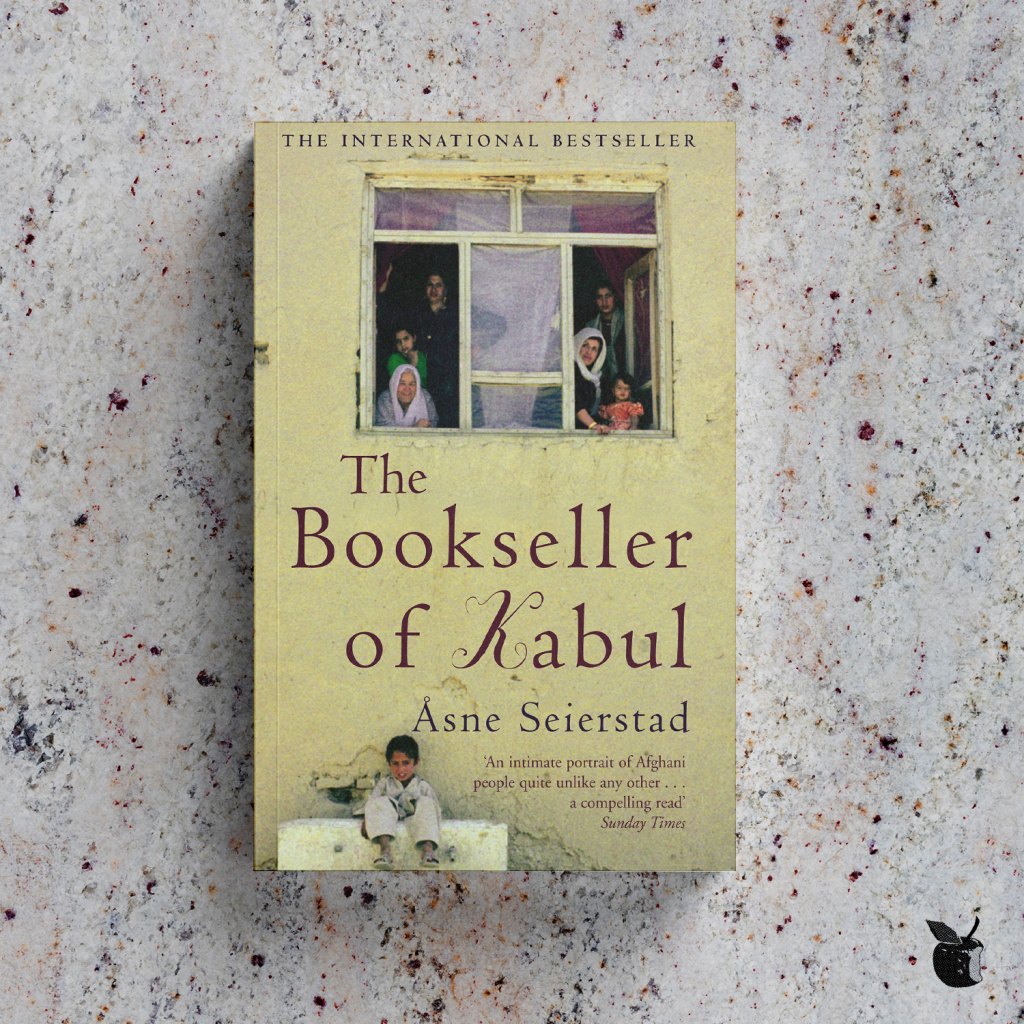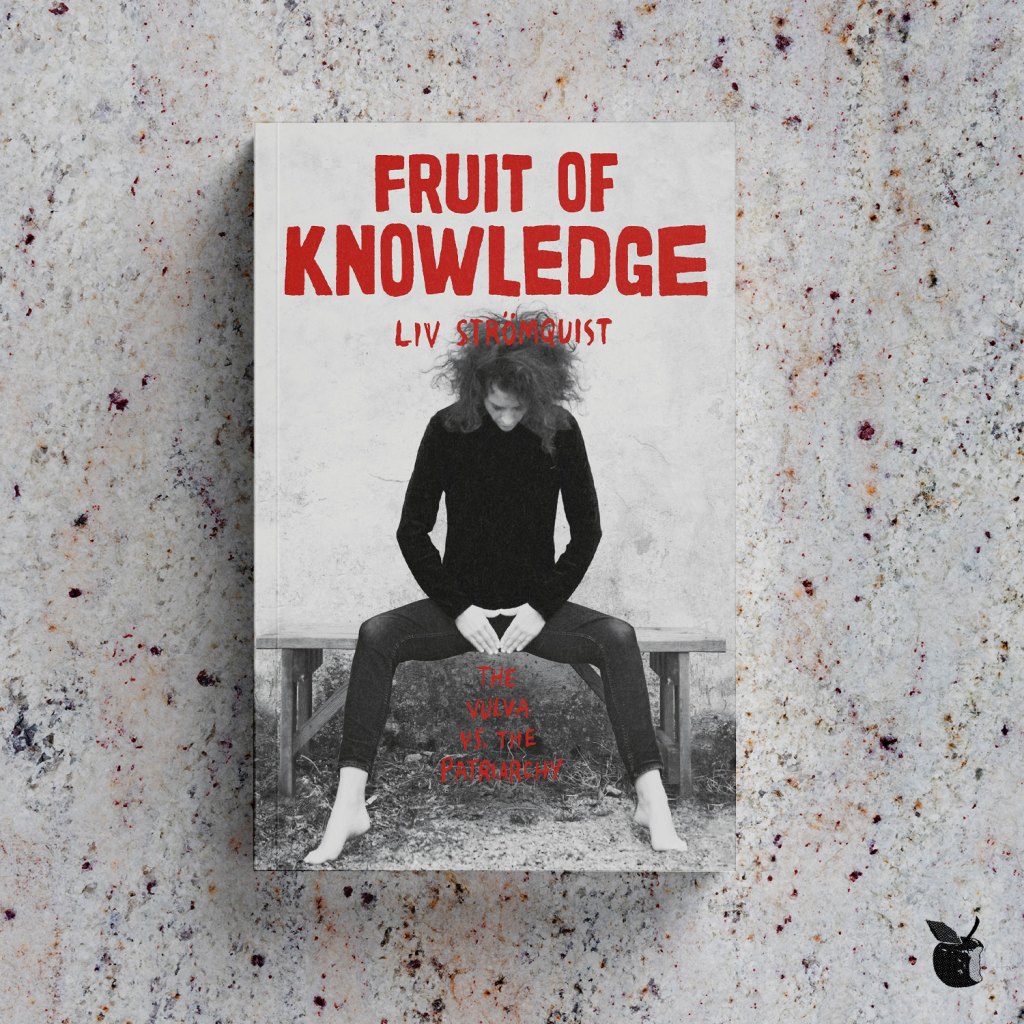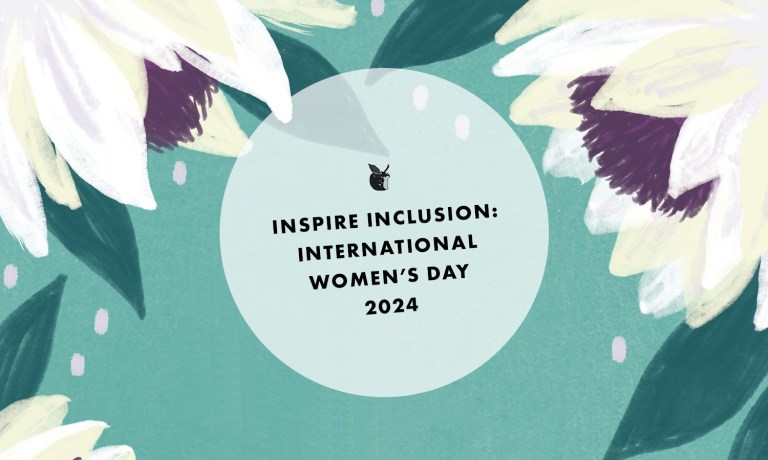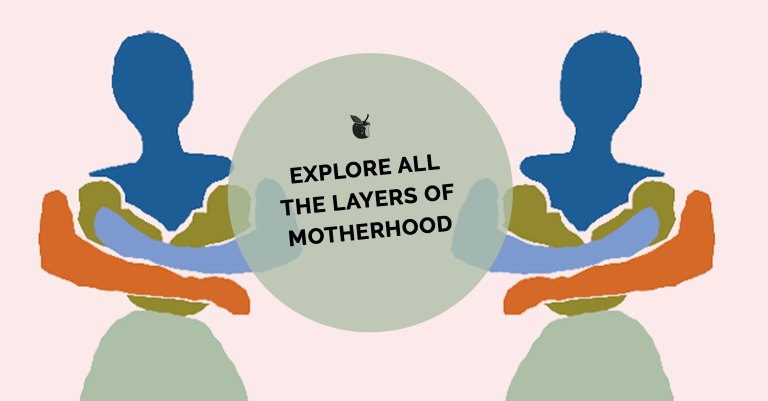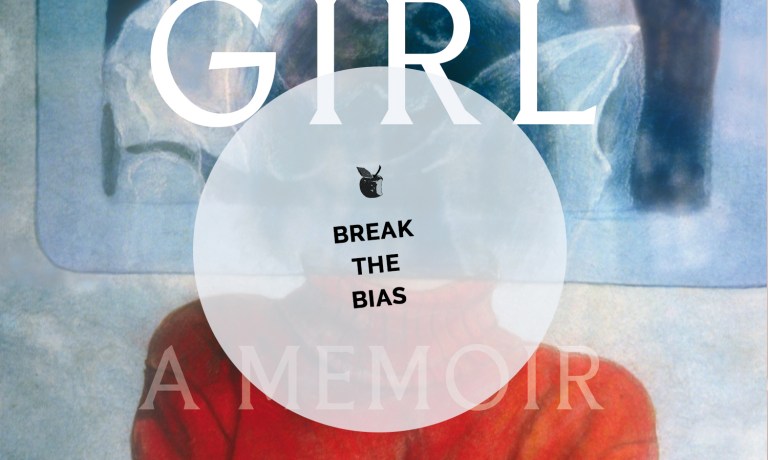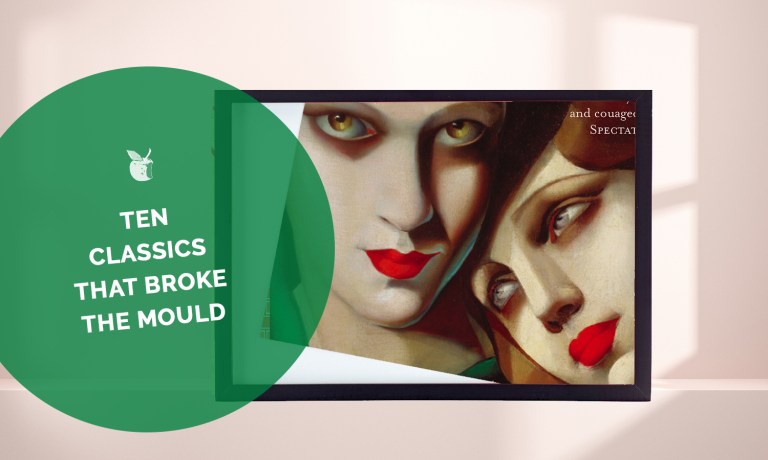Discover Women in Translation
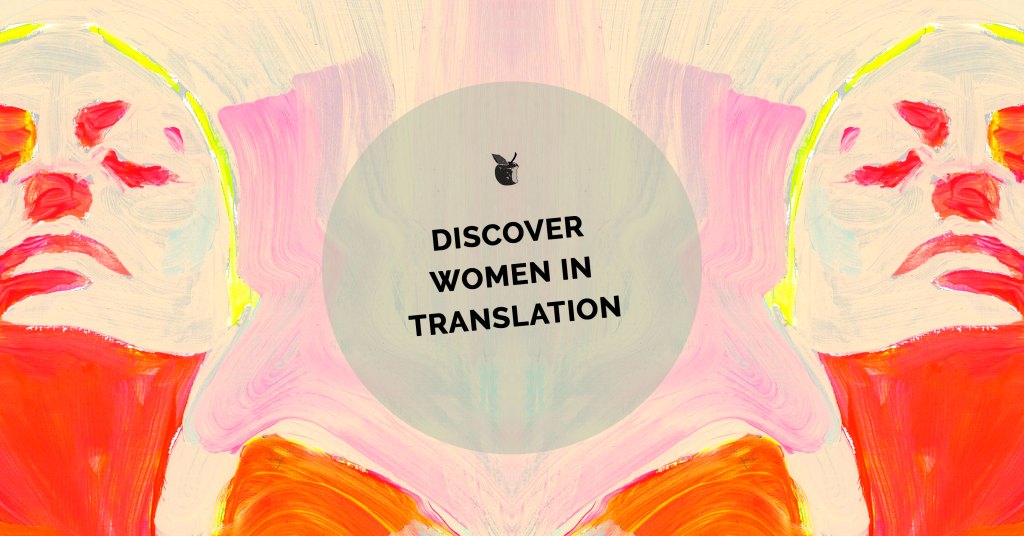
This August we are celebrating Women In Translation. Take a look at these brilliant books translated into English.
The Book of Mother by Violaine Huisman, translated by Leslie Camhi
Beautiful and charismatic, Catherine, aka ‘Maman’, smokes too much, drives too fast, laughs too hard and loves too extravagantly. During a joyful and chaotic childhood in Paris, her daughter Violaine wouldn’t have it any other way. But when Maman is hospitalised after a third divorce and breakdown, everything changes.
With spectacular ferocity of language, a streak of dark humor and stunning emotional bravery, The Book of Mother is an exquisitely wrought story of a mother’s dizzying heights and devastating lows, and a daughter who must hold her memory close in order to let go.
The Queens of Sarmiento Park by Camila Sosa Villada, translated by Kit Maude
For Camila, it is a refuge, and the raggle-taggle band of queens who gather there are like family. At night they dress up and head out to Sarmiento Park to earn money. They stand together in the cold, sharing stories and a hip flask of whiskey, waiting for a car to slow down.
Until, one freezing evening, Auntie Encarna hears crying in the bushes and wades in to investigate. When she finds an abandoned baby boy, she will hear no arguments: she is bringing him home to care for him. Life for Camila and the others will never be the same again.
Transit by Anna Seghers, translated by Margot Bettauer Dembo
An existential, political, literary thriller first published in 1944, Transit explores the plight of the refugee with extraordinary compassion and insight. Having escaped from a Nazi concentration camp in Germany and a work camp in Rouen, the nameless narrator finds himself in the dusty seaport of Marseille.
Along the way he was asked to deliver a letter to Weidel, a writer in Paris whom he discovered had killed himself as the Nazis entered the city. Now he is in search of the dead man’s wife. He carries Weidel’s suitcase, which contains an unfinished novel – and a letter securing Weidel a visa to escape France.
In Diamond Square by Merce Rodoreda, translated by Peter Bush
First published in 1962 as ‘La Placa del Diamant’, this is considered the most important Catalan novel of all time. This is a new English translation. It has previously been published in English as The Time of the Doves.
Barcelona, early 1930s: Natalia, a pretty shop-girl from the working-class quarter of Gracia, is hesitant when a stranger asks her to dance at the fiesta in Diamond Square. But Joe is charming and forceful, and she takes his hand. They marry and soon have two children; for Natalia it is an awakening, both good and bad. When Joe decides to breed pigeons, the birds delight his son and daughter – and infuriate his wife. Then the Spanish Civil War erupts, and lays waste to the city and to their simple existence. Natalia remains in Barcelona, struggling to feed her family, while Joe goes to fight the fascists, and one by one his beloved birds fly away.
The Diary of Helena Morley, translated by Elizabeth Bishop
From Elizabeth Bishop’s introduction:
‘When I first came to Brazil, in 1952, I asked my Brazilian friends which Brazilian books I should begin reading … They frequently recommended this little book, “Minha Vida de Menina” … In English the title means “My Life as a Little Girl” or “Young Girl”, and that is exactly what the book is about, but it is not reminiscences; it is a diary, the diary actually kept by a little girl between the ages of 12 and 15, in the far-off town of Diamantina, in 1893-1895 … The more I read the book the better I liked it. The scenes and events it described were odd, remote, and long ago, and yet fresh, sad, funny and eternally true. The longer I stayed on in Brazil the more Brazilian the book seemed, yet much of it could have happened in any small provincial town or village, and at almost any period of history – at least before the arrival of the automobile and the moving-picture theatre
All Men Are Mortal by Simone De Beauvoir, translated by Leonard M Friedman
When the beautiful, ambitious actress Regina takes Fosca into her life and learns his amazing truth, she is obsessed with the thought that in his memory her performances will live for ever. But, as he recounts the story of his existence over more than six centuries, as she learns of his involvement in some of the most significant events in history and how human hope and love have withered in him, she finally understands the implications for him and for love.
A Woman in Berlin by Anonymous, translated by James Stern
Between April 20th and June 22nd 1945 the anonymous author of A Woman in Berlin wrote about life within the falling city as it was sacked by the Russian Army. Fending off the boredom and deprivation of hiding, the author records her experiences, observations and meditations in this stark and vivid diary. Accounts of the bombing, the rapes, the rationing of food, and the overwhelming terror of death are rendered in the dispassionate, though determinedly optimistic prose of a woman fighting for survival amidst the horror and inhumanity of war.
This diary was first published in America in 1954 in an English translation and in Britain in 1955. A German language edition was published five years later in Geneva and was met with tremendous controversy. In 2003, over forty years later, it was republished in Germany to critical acclaim – and more controversy. This diary has been unavailable since the 1960s and this is a new English translation. A Woman in Berlin is an astonishing and deeply affecting account.
Love of Worker Bees and A Great Love by A.M. Kollontai, translated by Cathy Porter
Love of Worker Bees, written by one of the most famous and gifted Russian women of our century, was greeted on publication in 1923 as sexually too explicit. The book collects three works of fiction, ‘Vasilisa Malygina’, ‘Three Generations’ and ‘Sisters’, and offers a graphic and rare portrayal of Russian life in the 1920s. the three stories unfold against a backcloth of the ‘ordinary’ Russian people of the time – the Party workers, entrepreneurs, prostitutes, manipulators, idealists.
A Great Love is remarkable for its frank exploration of sexual feeling. These moving love stories depict loneliness, vulnerability, the power of the sexual appetite to distort judgement – the tragic element in love itself. In A Great Love, we follow the course of Natasha’s love affair with the married Senya, and her disillusioning search for friendship and equality as well as passion for the man she loves. The story is now known to be based on Lenin’s love affair with the beautiful and talented Inessa Armand.
Crimson by Niviaq Korneliussen, translated by Anna Halager
The island has run out of oxygen. The island is swollen. The island is rotten. The island has taken my beloved from me. The island is a Greenlander. It’s the fault of the Greenlander.
In Nuuk, Greenland . . . Fia breaks up with her long-term boyfriend and falls for Sara. Sara is in love with Ivik who holds a deep secret and is about to break promises. Ivik struggles with gender dysphoria as their friends become addicted to social media, listen to American pop music and get blind drunk in downtown bars and uptown house parties. Then there is Inuk, who also has something to hide – it will take him beyond his limits to madness, and question what it means to be a Greenlander, while Arnaq, the party queen, pulls the strings of manipulation, bringing a web of relationships to a shocking crescendo. Crimson weaves through restlessness, depression, love and queer experiences to tell the story of Greenlanders through a unique and challenging form. The original text was written and published in the Greenlandic language.
The Bookseller of Kabul by Asne Seierstad, translated by Ingrid Christophersen
For more than twenty years Sultan Khan, a bookseller in Kabul, defied the authorities – be they communist or Taliban – to supply books to the people of Kabul. He was arrested, interrogated and imprisoned by the communists and watched illiterate Taliban soldiers burn piles of his books in the street. A committed Muslim, Khan is passionate in his love of books and hatred of censorship.
Two weeks after September 11th, award-winning journalist Åsne Seierstad went to Afghanistan to report on the conflict there and the year after she lived with an Afghan family for several months. We learn of proposals and marriages, suppression and abuse of power, crime and punishment. The result is a gripping and moving portrait of a family, and a clear-eyed assessment of a country struggling to free itself from history.
Fruit of Knowledge by Liv Stromquist, translated by Alba Pagán
From Adam and Eve to pussy hats, people have punished, praised, pathologised and politicised vulvas, vaginas, clitorises, and menstruation. In the international bestseller Fruit of Knowledge, celebrated Swedish cartoonist Liv Strömquist traces how different cultures and traditions have shaped women’s health and beyond.
Her biting, informed commentary and ponytailed avatar guides the reader from the darkest chapters of history (a clitoridectomy performed on a five-year-old American child as late as 1948) to the lightest (vulvas used as architectural details as a symbol of protection). Like Alison Bechdel and Jacky Fleming, she uses the comics medium to reveal uncomfortable truths about how far we haven’t come.

